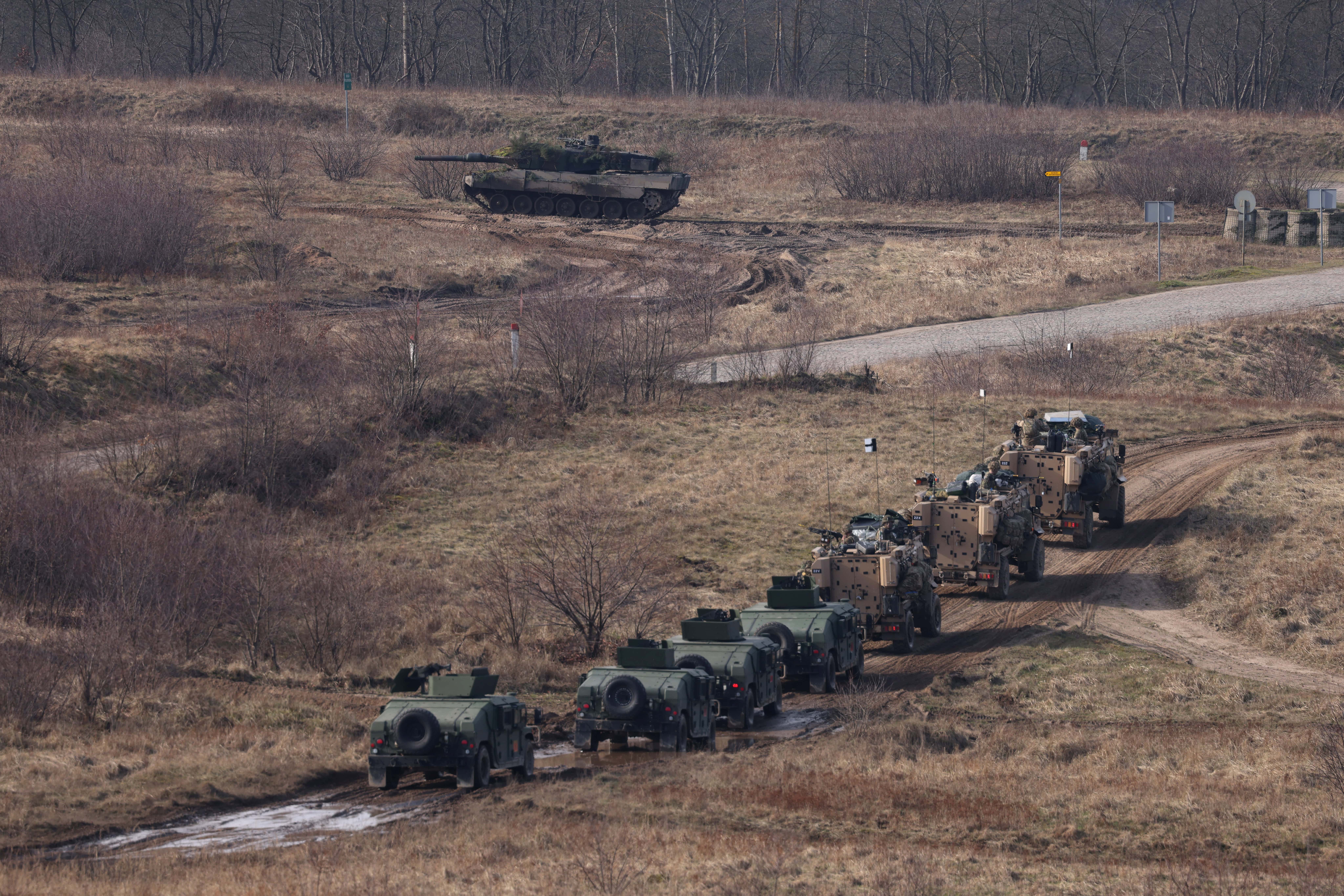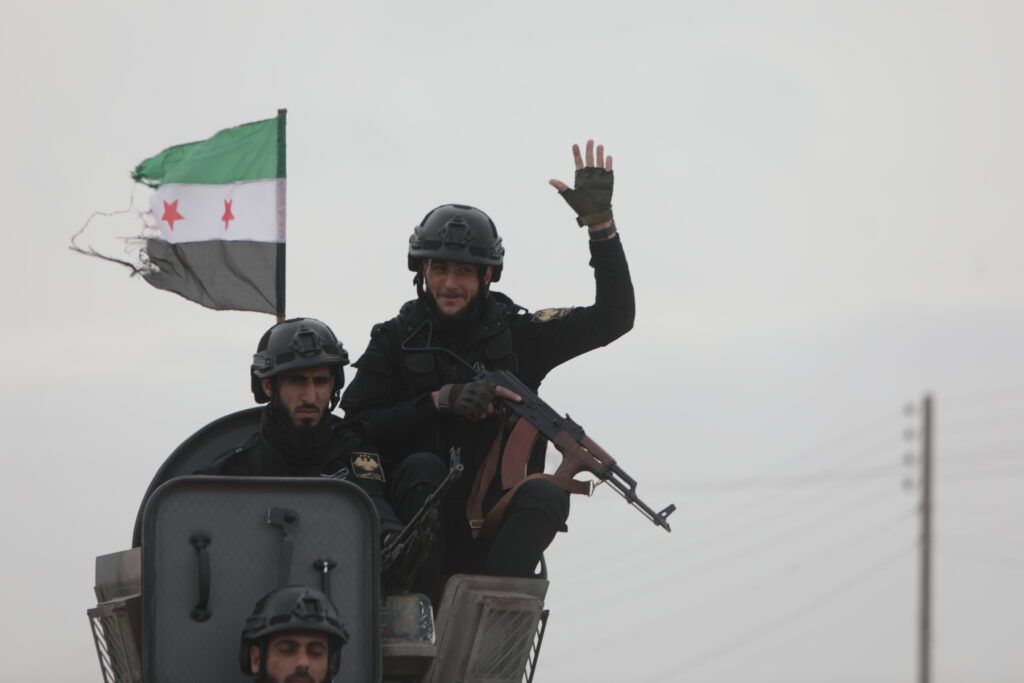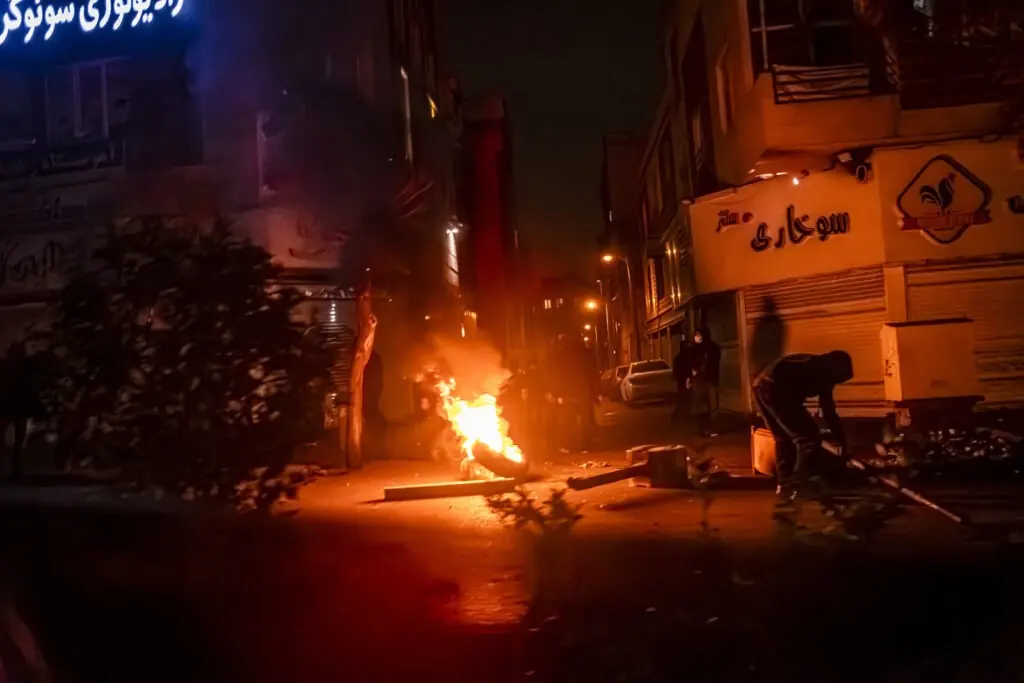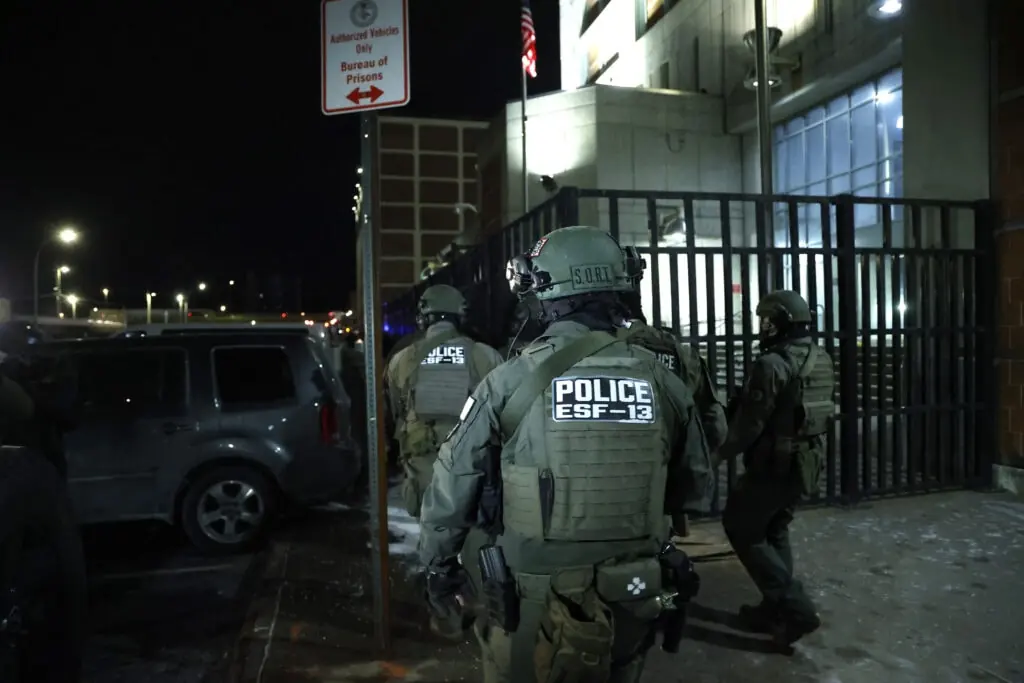
Albania Redefined: NATO and the Security Architecture Shaping Tirana’s Foreign Policy
This report is part of the larger anthology “Insights into Albania: Internal Struggles and Geopolitical Challenges in the Western Balkans”
Read the report here
Read the full anthology here
In recent years, Albania has adopted a more proactive attitude in its foreign policy, exemplified both by the holding of leadership roles in multilateral initiatives and organizations and an increased contribution to regional dialogue and cooperation. In many ways, this momentum can be traced back to 2009, when the country officially became a NATO member. Since then, Albania has increasingly played an important role in the security environment of the Western Balkans. This essay highlights the pillars and transformation of Albania’s foreign policy, explores how its membership in NATO aligns with its foreign policy in the last decade, and evaluates its overall role in enhancing security and regional cooperation in the Balkans.
The views expressed in this article are those of the author and not an official policy or position of New Lines Institute.




